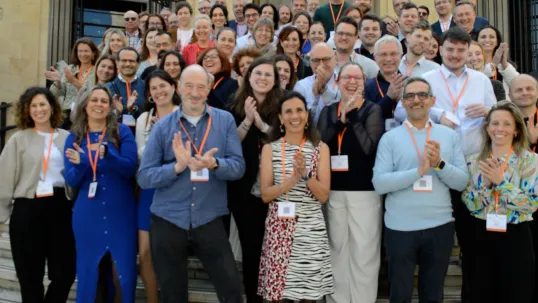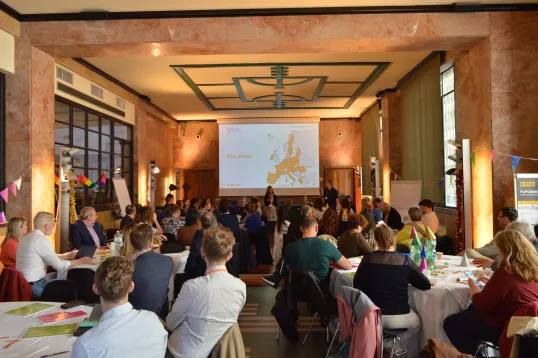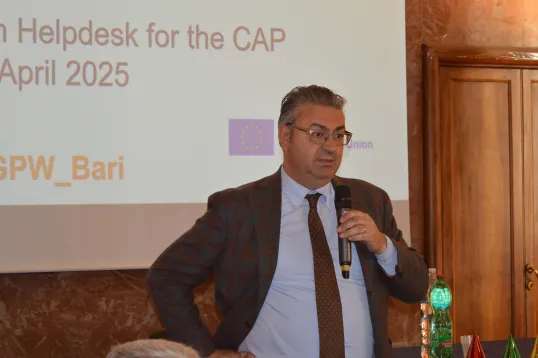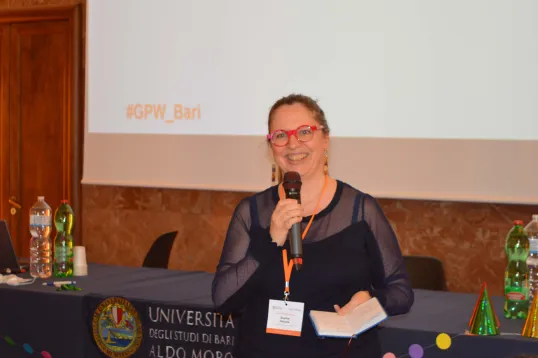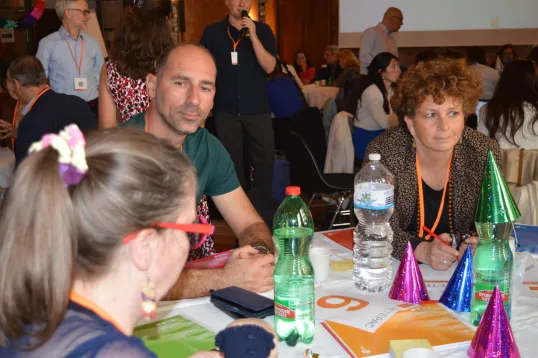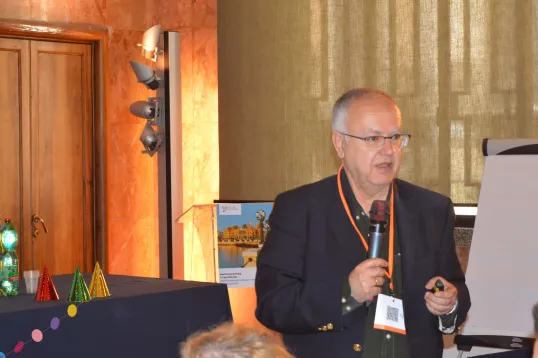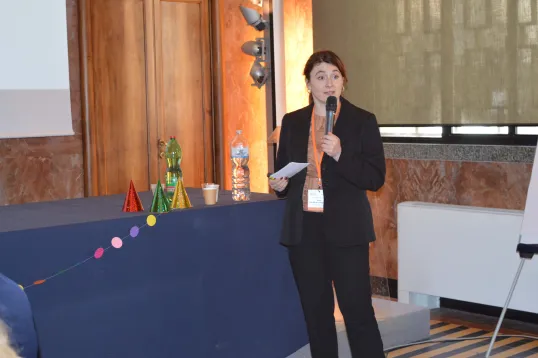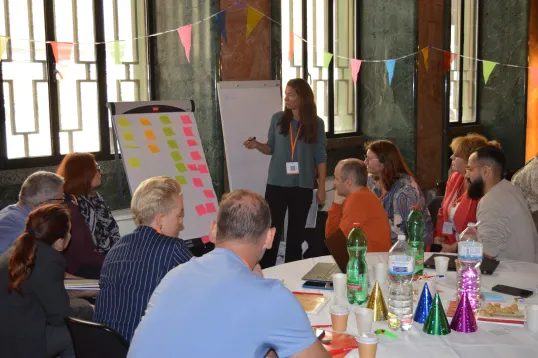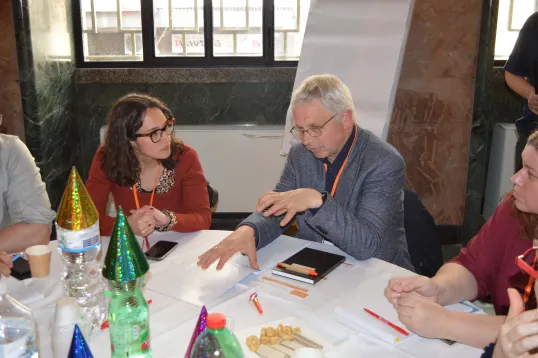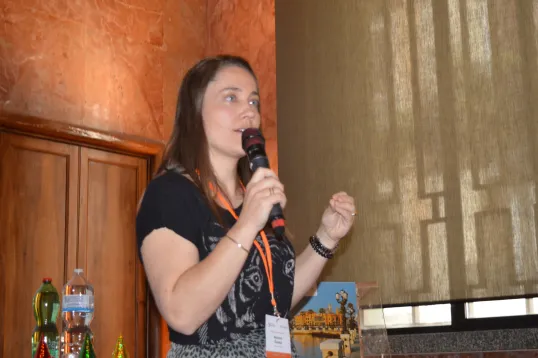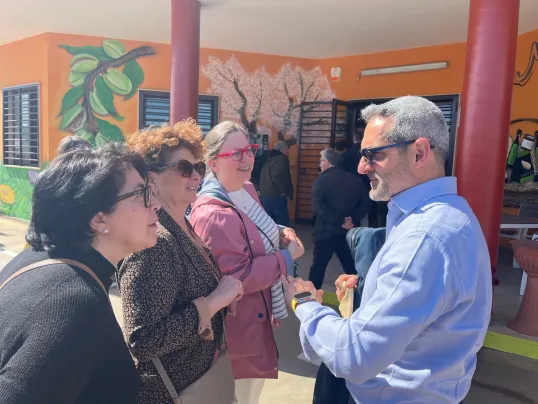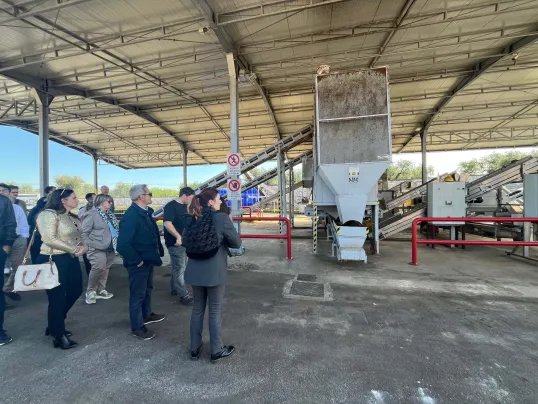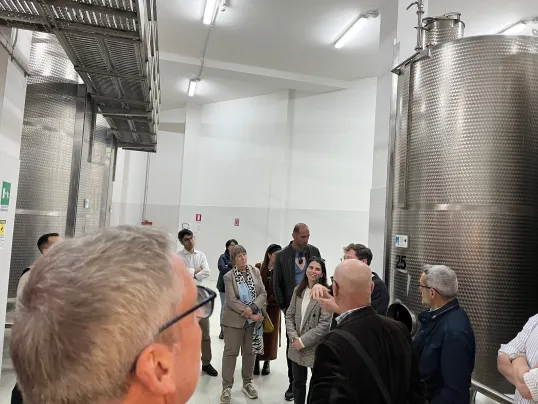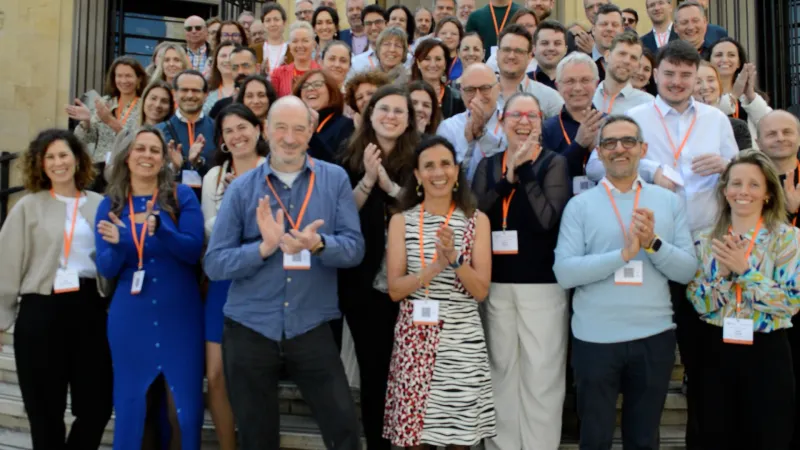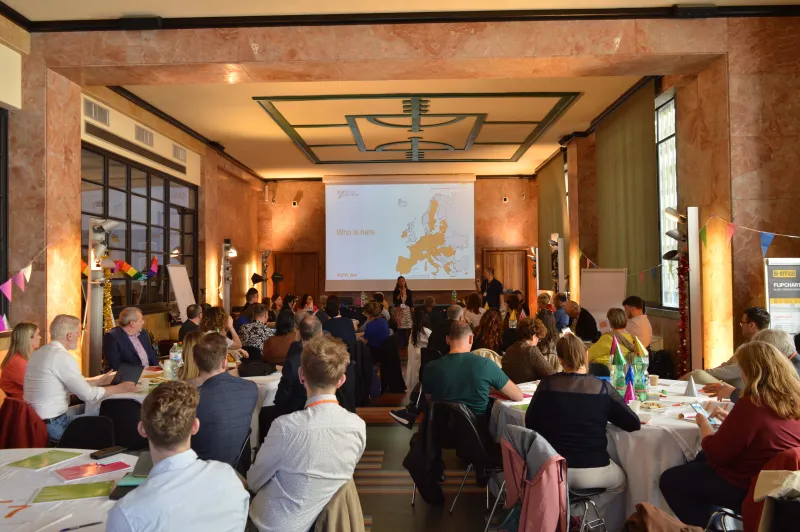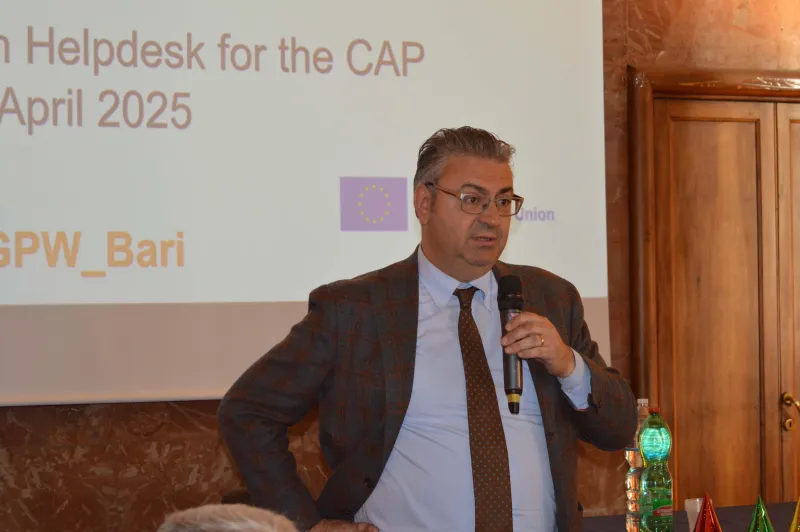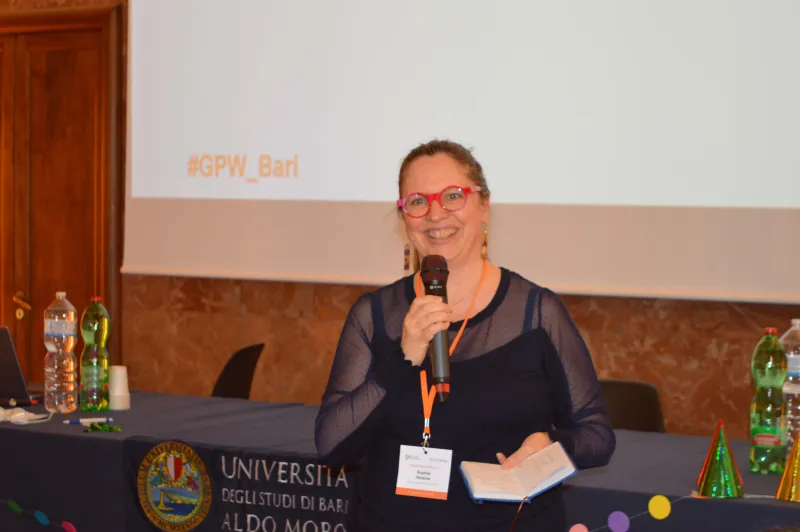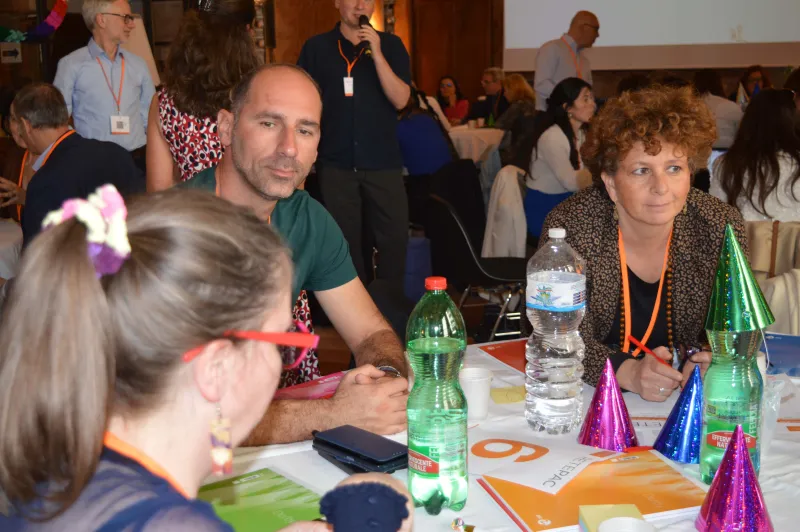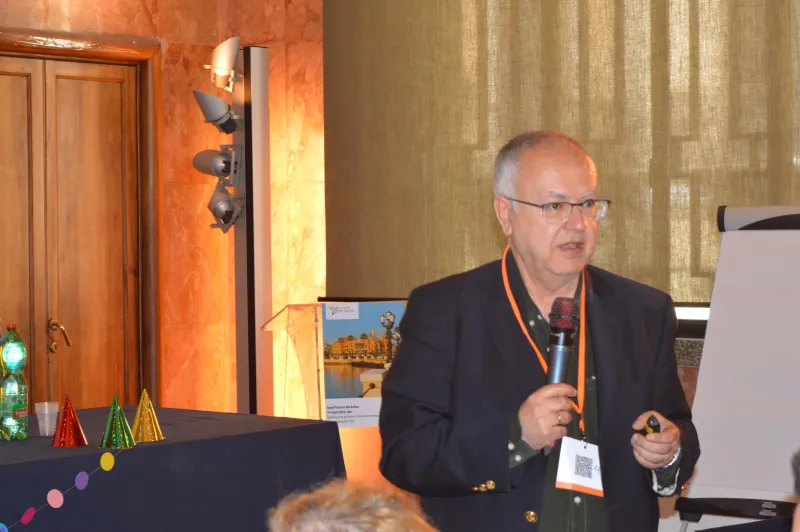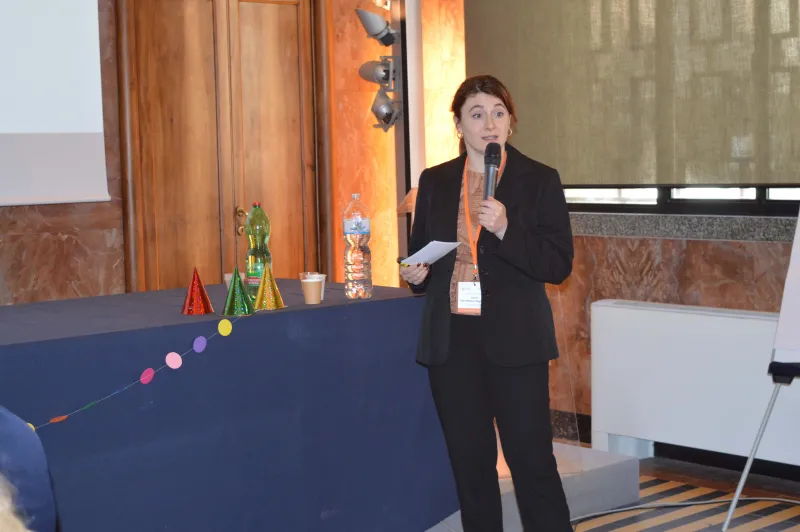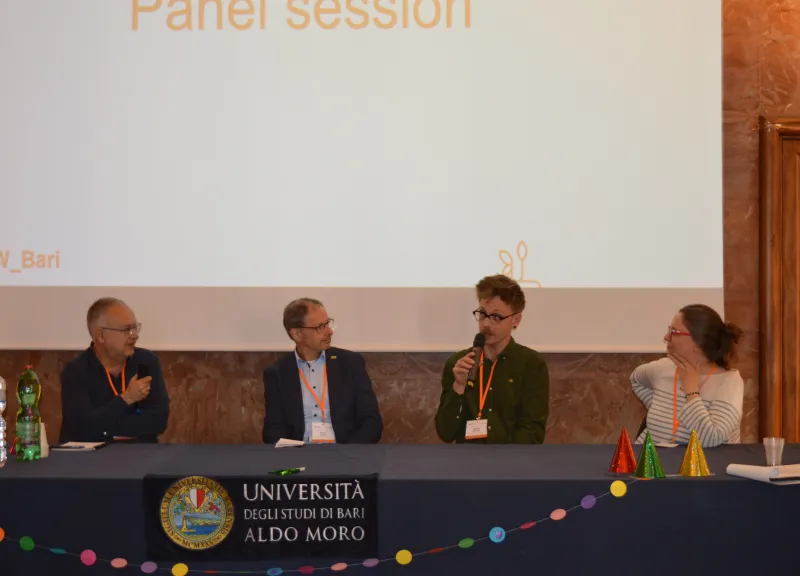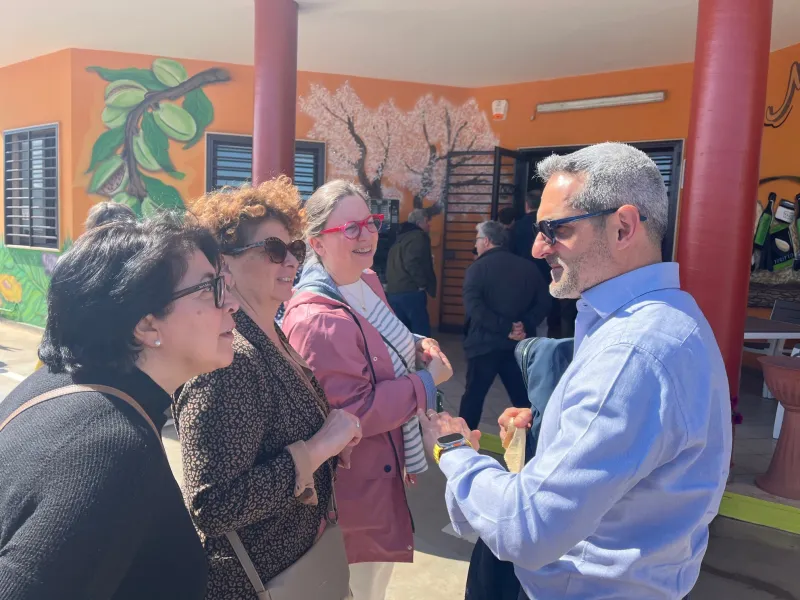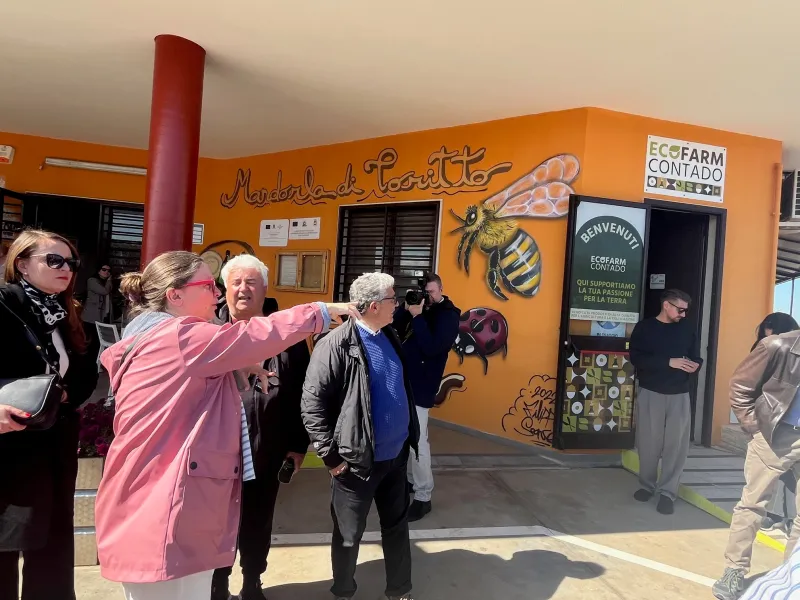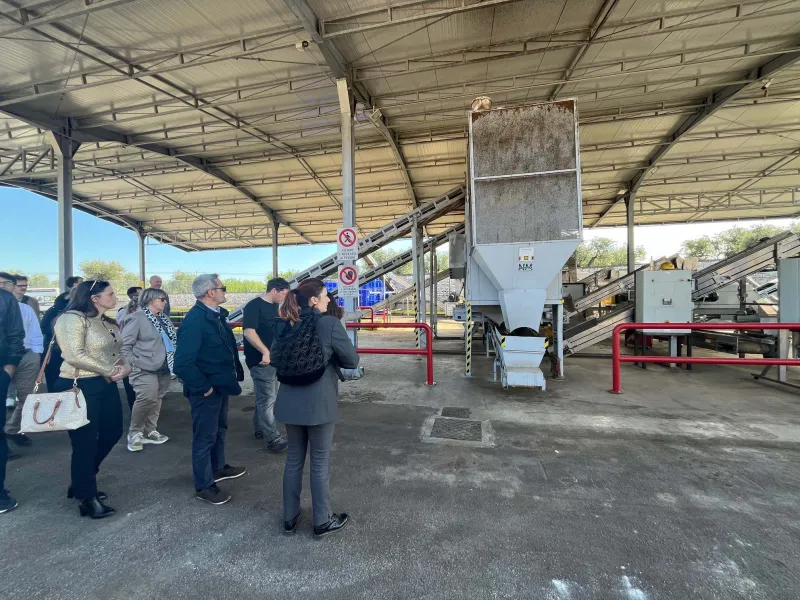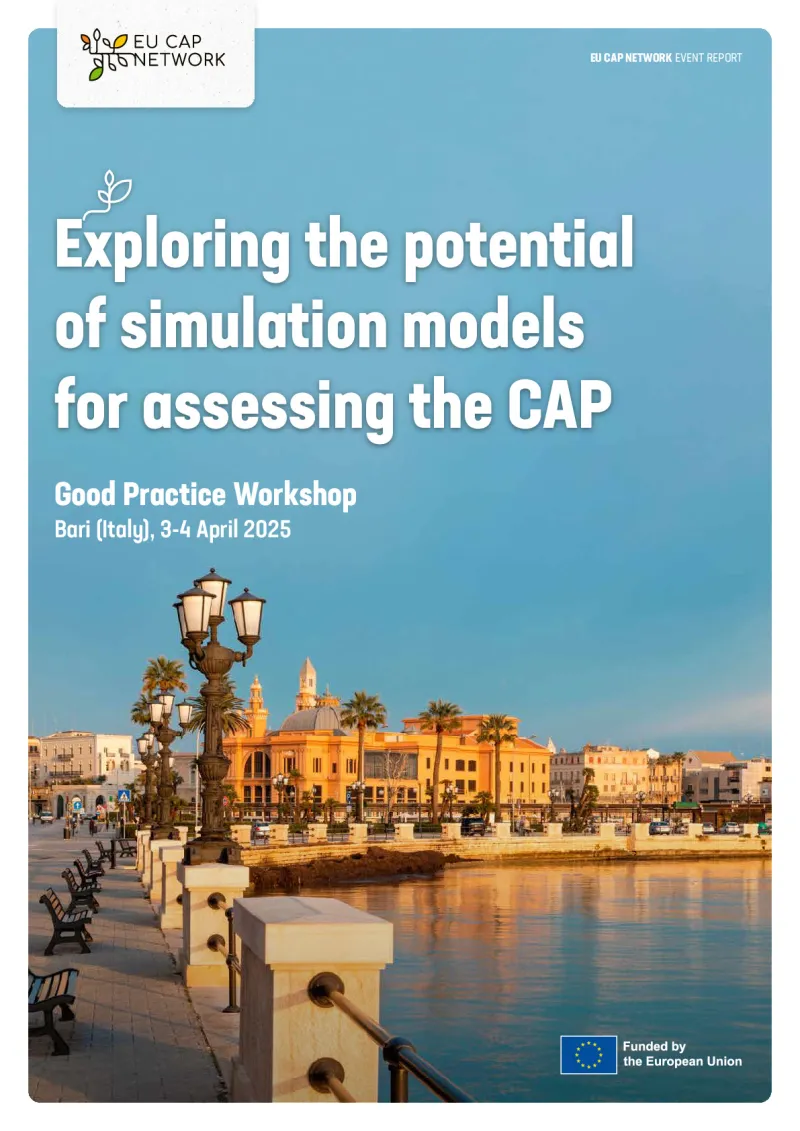The workshop took place on 3-4 April, 2025 in Bari, Italy.
The EU CAP Network supported by the European Evaluation Helpdesk for the CAP organised the ninth Good Practice Workshop on “Exploring the potential of simulation models for assessing the CAP” in Bari, Italy on 3 – 4 April 2025, kindly hosted by the Italian CAP Network.
Background
Simulation models are quantitative tools used to represent complex systems and predict their behaviour under different scenarios. They are particularly useful for estimating the potential impacts of policy interventions across a wide array of economic, social and environmental topics.
In agriculture, their main purpose is to analyse the effects of parameter changes on outcomes. They help to explain why certain outcomes, e.g. change in organic farming area, may be expected when a policy changes, e.g. a higher rate of support for organic farming. Depending on their complexity, simulation models can be very specific, e.g. show where farmers switch to organic farming and how output-prices are affected. In other cases, they can show only rudimentary results, e.g. show the output change of organic farming in the whole economy.
Member States are encouraged to use simulation models in their CAP evaluations, as these allow to assess the impact of new policy measures and the net impact of existing measures. In addition, simulation models may be useful for closing data gaps when implementation data is not available.
Objectives of the Workshop
The aim of the ninth Good Practice workshop was to showcase the possibilities offered by using simulation models for evaluating the CAP, as well as the conditions for implementing them. The specific objectives were:
- to contribute to building the understanding of CAP evaluation stakeholders about simulation models, including the scope, relevance, and use of such models for evaluations of the CAP,
- to exchange practical experiences from the use of simulation models in the context of CAP evaluations and other relevant projects (Horizon, JRC, research/academic institutes),
- to provide an opportunity for networking and identification of needs for further support for Managing Authorities, Paying Agencies, CAP networks and evaluators in relation to the use of simulation models for evaluations of the CAP.
Target Audience
The Workshop has been an opportunity for Managing Authorities, Paying Agencies, evaluators, CAP networks and EU-level evaluation experts, as well as other evaluation stakeholders in the Member States, to exchange with each other. Researchers and experts with experience in using simulation models were also present to provide their specialised input. The working language for all aspects of the Workshop (e.g. presentations, Q&As, interactive group work, potential side-activities) was English, and participants interacted in this language.
Should you have any queries or require further information, please contact the European Evaluation Helpdesk for the CAP under evaluation@eucapnetwork.eu.
Programme
Final agenda
(PDF – 197.24 KB)
Additional info
Venue
University of Bari
Piazza Umberto I 1 Bari 70121 Italy
Organiser

EU CAP Network
EU Stakeholders
Support

European Evaluation Helpdesk for the CAP
EU CAP Network


